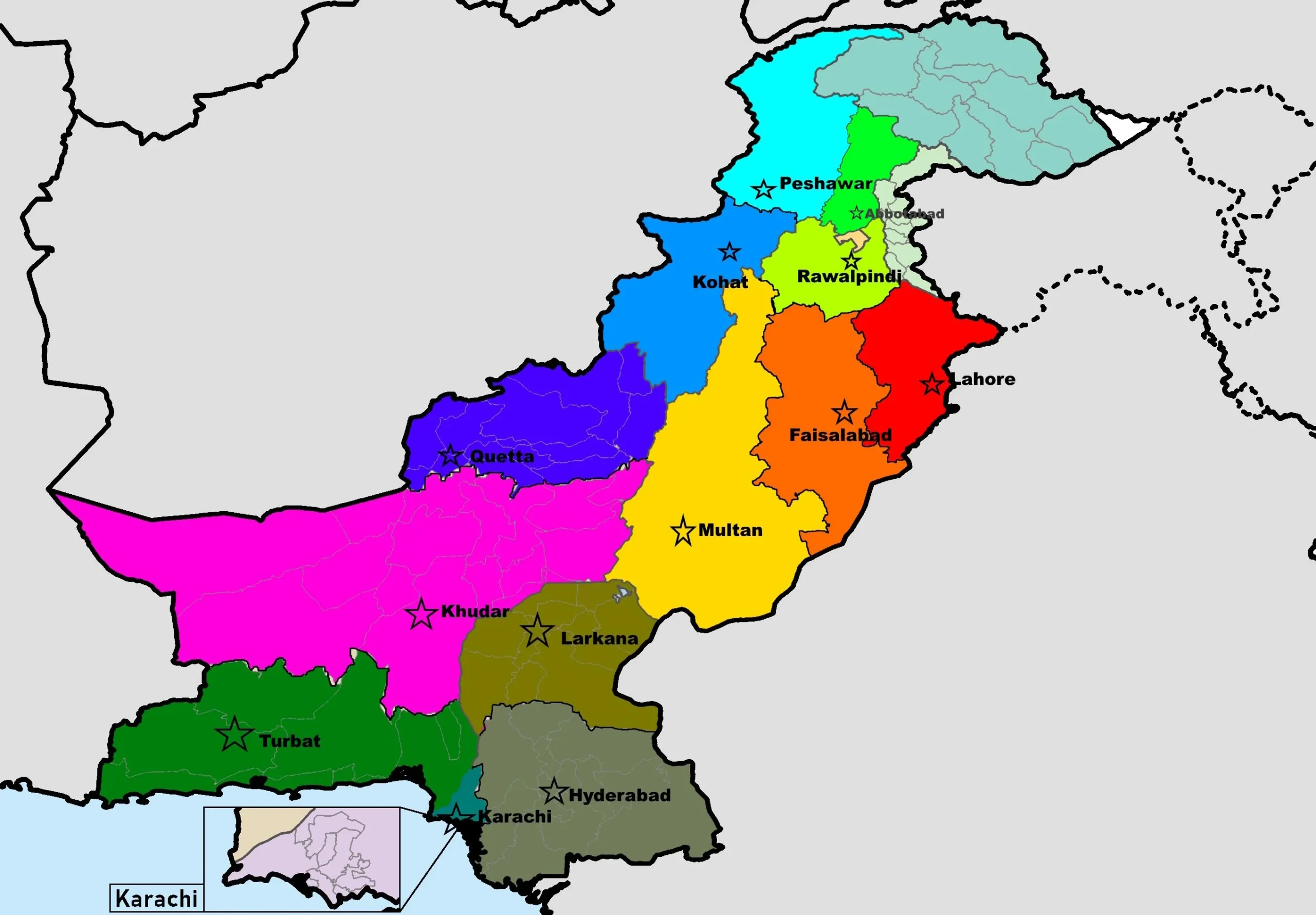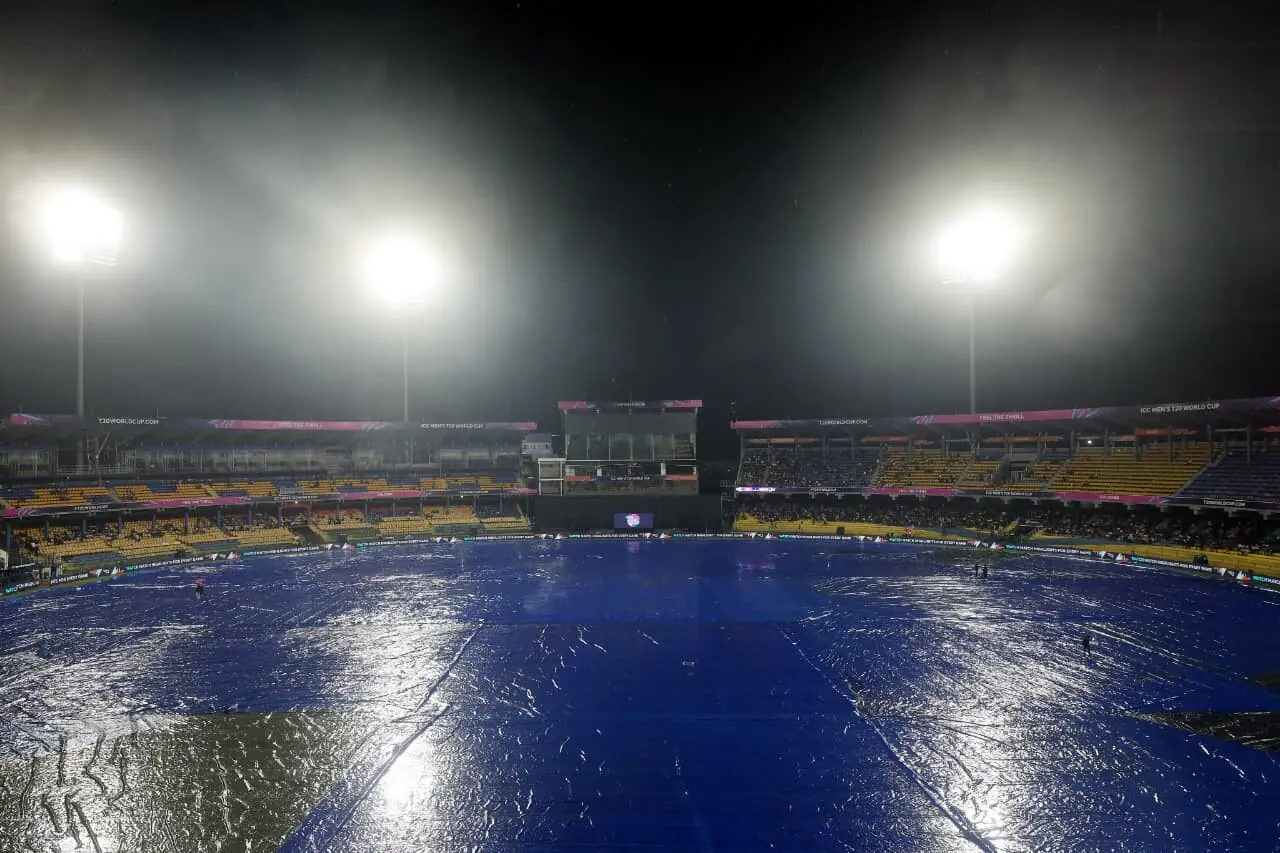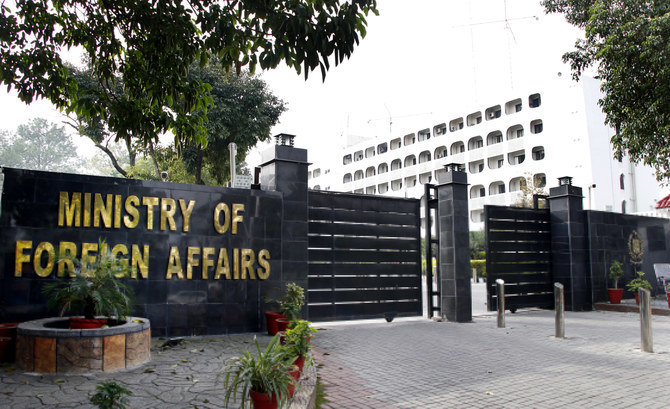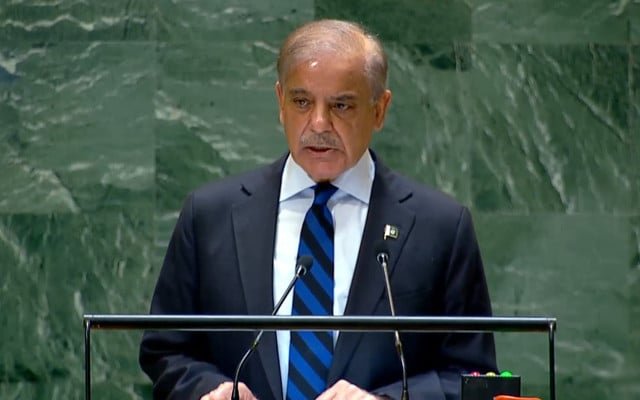The recent viral trend of creating Ghibli-style AI art using ChatGPT’s image-generation tool has led to an unprecedented surge in users for OpenAI’s chatbot. This rush overwhelmed the servers, temporarily limiting access to the feature. Users around the world flooded social media with AI-generated images inspired by the distinctive hand-drawn style of Studio Ghibli, the renowned Japanese animation studio behind classics like Spirited Away and My Neighbor Totoro, co-founded by director Hayao Miyazaki.
The explosive popularity of the feature resulted in a record number of active users. According to market research firm Similarweb, ChatGPT’s weekly active users exceeded 150 million for the first time this year. OpenAI CEO Sam Altman tweeted that the company added one million new users in just one hour, an achievement that compares to the initial excitement following ChatGPT’s launch over two years ago.
This spike in traffic also led to a significant increase in app downloads, in-app subscription revenue, and overall engagement. SensorTower data showed a 5% rise in weekly active users and an 11% increase in app downloads, along with a 6% boost in revenue. However, these record-breaking numbers caused some glitches and service interruptions as OpenAI scrambled to manage the surging demand.
Amid this success, the surge of Ghibli-style art also raised concerns about potential copyright violations. Experts pointed out the gray area surrounding the legality of AI-generated images replicating artistic styles, especially considering copyright law typically protects specific expressions, not entire styles. Studio Ghibli co-founder Hayao Miyazaki’s 2016 comments resurfaced, where he expressed his disgust with AI-generated images, stating he would never use such technology in his work.
OpenAI has not commented on the data used to train its AI models, nor addressed concerns about the legal implications of its new image-generation capabilities.















